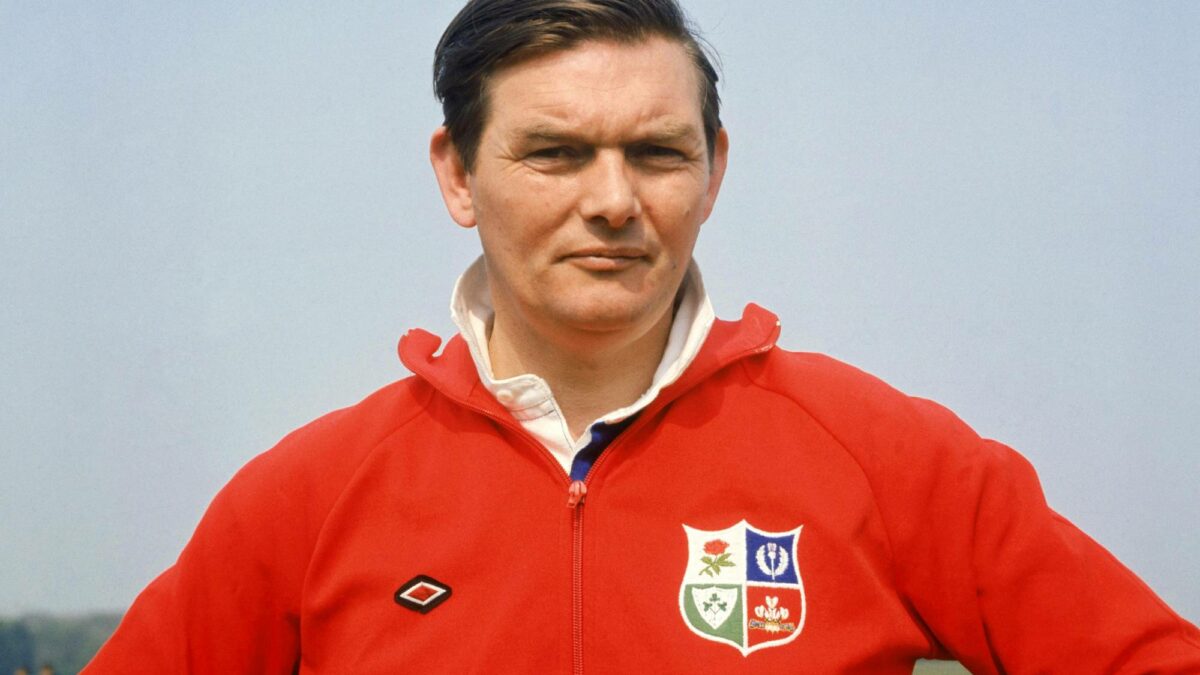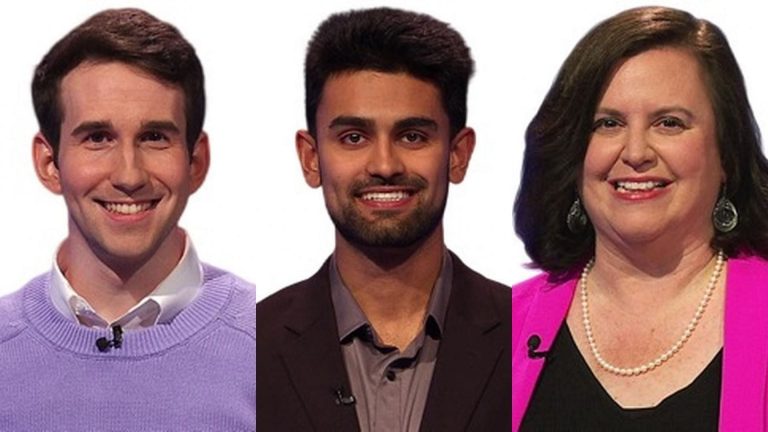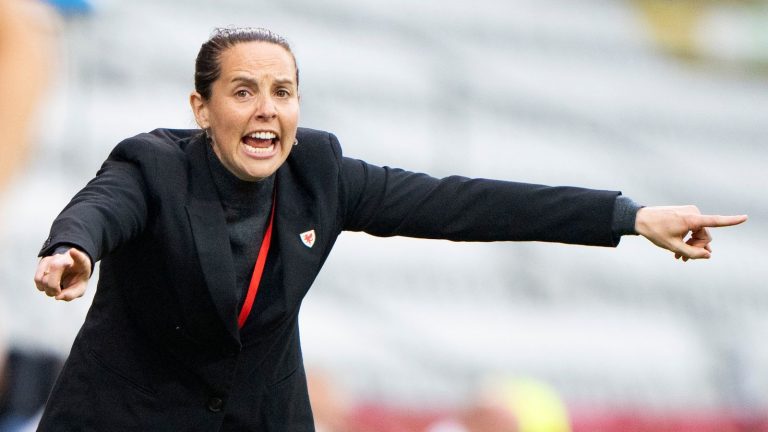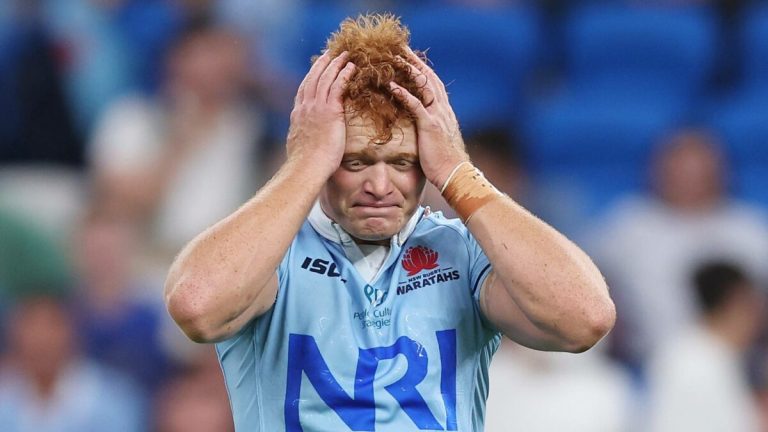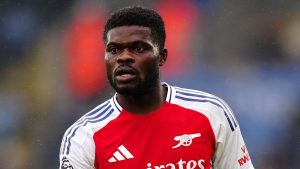This article presented a personal challenge; the words must do justice to the man. Of all the rugby personalities I have written about, Carwyn James was the most interesting, with the most pages filled for research. There are so many layers and depth to the pillars in his life, that to cover it all would be impossible.
I remember the 1971 British and Irish Lions tour to New Zealand like it was yesterday. Carwyn James was coach of the team and he brought a belief and confidence to the players that resulted in unrivalled success.
It was a magnificent team he coached, but James had to prepare them in a meticulous fashion to bring out the best in those players.
He gave the players a structure within which their individual creativity could be expressed. He combined the two so well, some teams have only structure and fail, others have just creativity and flop.
If my memory serves me right, he allowed a free flowing running style for the mid-week games but when it came to the Tests the style of play was more restricted to 10-man rugby with “the King” Barry John exhibiting his brilliance. John was so dominant I believe I have not seen a better fly-half display.
One of the many masterstrokes James’ initiated was for John to limit his training schedule and focus on the big matches. Carwyn James also persuaded a reluctant lock Willie John-McBride to sign up for the tour and brilliant winger Gerald Davies to join the tour after finishing his exams. He also compiled dossiers on the opposition players, in particular All Black fullback, the late Fergie McCormick who was run around the park by Barry John, which led to his dropping after the first Test.
Carwyn James’ belief that the team would win the series in 1971 led to the players also believing the monumental feat was achievable and it is still the only series winning Lions team to tour New Zealand.
His coaching style was democratic, with a quiet, coaxing manner. It involved half suggestions rather than thunderous orders and he left decisions and ideas to the team members.
One of his major challenges was to bond the four nations members into a cohesive unit and he did this by allowing patriotism of individual countries within a team setting. It was the ultimate in man management which gave the players self-confidence and the tools to succeed. Not once did he raise his voice to a player. Mervyn Davies said, “He invited us to take personal responsibility for our role but without ever telling us what to do.” Mike Gibson said, “we were free to express our ability, free to attack from any situation.” He said in some training sessions James would run behind the backs, shouting ‘Think! Think! Think!’

Carwyn James, British Lions Coach and Assistant manager (Photo by S&G/PA Images via Getty Images)
As a former flyhalf for Llanelli himself, James played with a freedom of style which he transferred to his coaching method, a beautiful, free flowing brand of attacking rugby. The backs were unleashed into playing offensive rugby from any position on the field and talents such as Gerald Davies and David Duckham were not wasted. He said to his players, “As long as you are adventurers, I don’t mind.”
If only teams of today followed such a philosophy!
Carwyn James was born 1929 in Cefneithin, Wales and attended school at Gwendraeth Grammar School and Aberystwyth University, where he unsurprisingly studied philosophy. He was the son of a coalminer and captained the Wales Secondary Schools rugby team. James was a teacher by profession and served in the navy where he was recruited to study Russian and spy on the Russians during the Cold War through radio equipment. As well as playing for Llanelli he gained two Welsh caps amid his battles with Cliff Morgan for the flyhalf position.
“Rugby, literature, broadcasting and politics were the four main pillars to his life. The only pillar that brought disappointment and rejection was rugby,” Alun Gibbard noted, author of “Into the wind: the life of Carwyn James.”
James was a cerebral thinker amongst the brawn and brutality of rugby, his style of play making rugby safer and less rough.
Carwyn James coached Llanelli to a famous victory against the All Blacks in 1972 which he planned all year for.
He never coached Wales as there were considerable differences of opinion between himself and the rugby hierarchy. His political views, division over selection policies and individuality led to this occurrence. He beat the All Blacks three times, including the memorable “greatest game ever” in 1973 for the Barbarians, throughout his career he continually out-thought the All Blacks.
Many of the 1971 Lions were in the team except Barry John who had retired amidst the adulation of beating the All Blacks in New Zealand. It was said that James should have retired after that tour as the attention may have contributed to his personal downfall.
Phil Bennett took over from John and ignited with his sidesteps the “greatest try” scored by Gareth Edwards.
James was a tortured soul who sought refuge for his loneliness and conflicts with his sexual identity in the noise of rugby union. Rugby gave him the social contact he desired but he had few friends and turned to drinking, battling with his rumoured homosexuality. This was a time when such rumours were ignored and kept private. The great Gareth Edwards says: “You could say some of us were naive at the time, or whatever you want to call it, but he was carrying a burden that today wouldn’t be a problem in the same way.”
In 1983 he stayed with friend Cliff Morgan, before travelling to Amsterdam and staying in an ordinary hotel, where his body was found in the bath, he died at the young age of 53. Police said he died of a heart attack and there were no suspicious circumstances. A man who had a friendly personality, but did not have the friends when needed at the ultimate time.
Carwyn James was arguably rugby’s greatest ever coach and was revered around the world, including Italy where he also coached.
He is well summed up by rugbymagazine.com, “he was a brilliant polymath, an activist, poet and visionary coach, whose brand of creative, attacking rugby marked him out as one of the greatest coaches of all time.”
